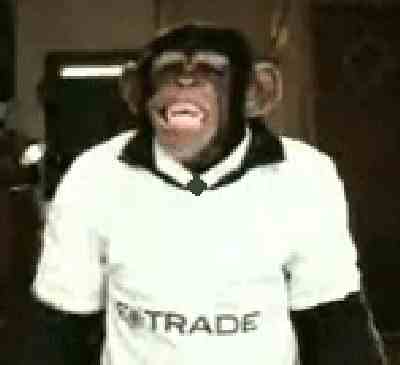It is claimed by "specialists" that Australian business failed to plan for the high dollar. They carried on without cutting basic running costs. With over 60 per cent of businesses being involved in international trade this is deemed to be a "sin". The American Express FX International found less than 40 per cent did nothing.
The research body said it was surprised at this. It is hardly surprising in the real world where costs are kept as low as possible on a constant basis. How can a business have a program to tackle this problem when it is a daily matter of trading? Common sense would inform you that not much can be done. The market sets the price. The high dollar means firms get less profit when they receive payment in foreign currency. Running costs inside the international barrier in Australia continue to rise. Most international trade is done in US dollars and this has become very weak.
It isn't much good longing for days passed when the exchange rate was less than 50 US cent to the Aussie dollar. It is quite astonishing that the employment rate is so high when times are really tough for manufacturing and retail. Prices are being cut to the bone, apart from food which people must have. Saying firms should have locked themselves in with future exchange contracts is dwelling on something that is impossible to change. The dollar is high and it is too late. Not much can be done now. Australian industry will shake itself out with bankruptcies until survivors can benefit from a weaker dollar which appears to be a long way off.
The research body said it was surprised at this. It is hardly surprising in the real world where costs are kept as low as possible on a constant basis. How can a business have a program to tackle this problem when it is a daily matter of trading? Common sense would inform you that not much can be done. The market sets the price. The high dollar means firms get less profit when they receive payment in foreign currency. Running costs inside the international barrier in Australia continue to rise. Most international trade is done in US dollars and this has become very weak.
It isn't much good longing for days passed when the exchange rate was less than 50 US cent to the Aussie dollar. It is quite astonishing that the employment rate is so high when times are really tough for manufacturing and retail. Prices are being cut to the bone, apart from food which people must have. Saying firms should have locked themselves in with future exchange contracts is dwelling on something that is impossible to change. The dollar is high and it is too late. Not much can be done now. Australian industry will shake itself out with bankruptcies until survivors can benefit from a weaker dollar which appears to be a long way off.
 http://www.adventure--australia.blogspot.com/
http://www.adventure--australia.blogspot.com/http://www.tysaustralia.blogspot.com/
http://www.feeds.feedburner.com/AdventureAustralia
http://www.technorati.com/blogs/
http://adventure--australia.blogspot.com
Business
